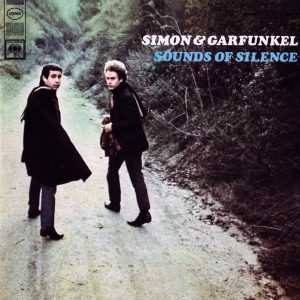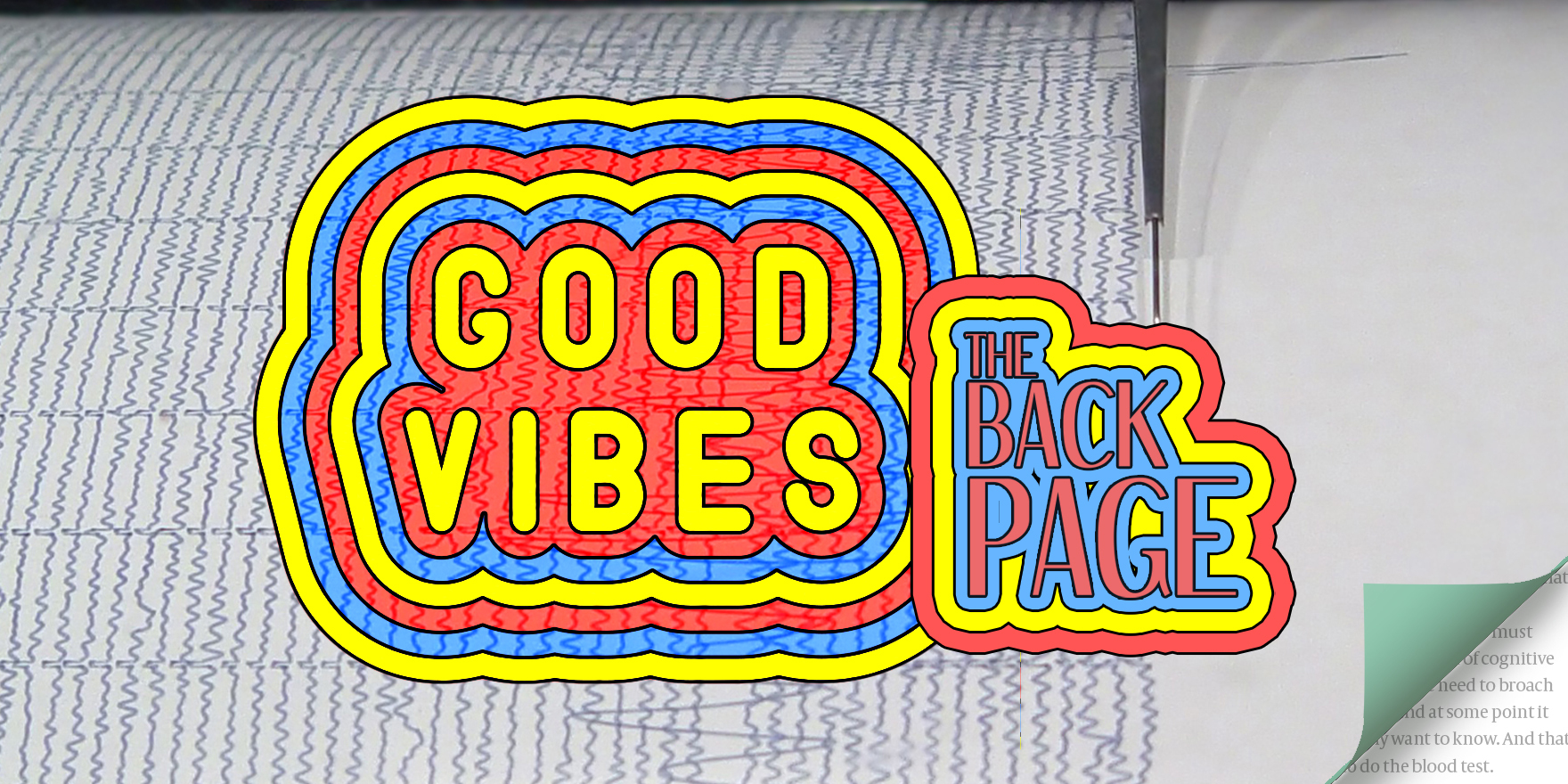Humans usually make quite a racket on planet Earth, but seismologists have noticed a 50% drop since COVID-19.
Humans usually make quite a racket on planet Earth, but seismologists have noticed a 50% drop since COVID-19.
As the pandemic moved in a wave across the planet this year, it ushered in the quietest period in human history.
Listening in with a network of 268 seismic stations in 117 countries, a team of seismologists have documented an average 50% drop in human-linked vibrations during the pandemic.
The research was led by the Royal Observatory of Belgium and five other research institutions, including Imperial College London. Their findings were published in Science in July.
The wave of silence was greatest in densely populated areas like Singapore and NYC but was also noticeable in remote areas like Germany’s Black Forest and Rundu in Namibia.
What the researchers describe as a “global quieting” started in China in late January, then spread to Europe and the rest of the world between March and May this year as national lockdowns froze industry and travel.
It turns out that without the din of 188,000 flights per day, road traffic and the blasting of football stadium speakers, the world is a much quieter place.
This quietness (combined with a drop in pollution) is being dubbed the “anthropause” by some scientists.
Other natural sounds like earthquakes, volcanos, butterfly wings and whales have continued as per normal during COVID, but interestingly, the silencing of the human population has allowed scientists to detect natural signals with more clarity than ever before.

Knowing more about human sound signatures might even help scientists remove this noise from their data and get more accurate signals for upcoming natural disasters.
“With increasing urbanisation and growing global populations, more people will be living in geologically hazardous areas,” said lead author Dr Thomas Lecocq from the Royal Observatory of Belgium.
“It will therefore become more important than ever to differentiate between natural and human-caused noise so that we can ‘listen in’ and better monitor the ground movements beneath our feet. This study could help to kick-start this new field of study.”
If you see something stupid, say something stupid… Direct your seismic vibrations towards felicity@medicalrepublic.com.au


